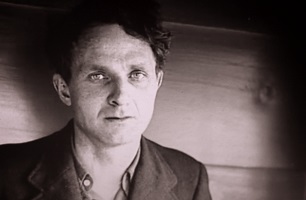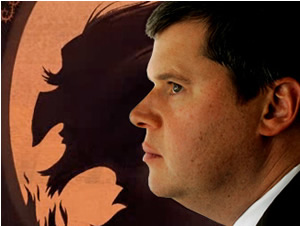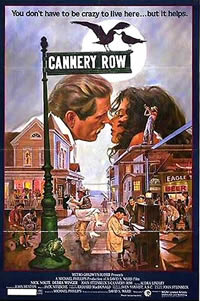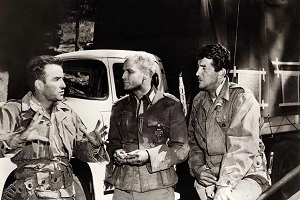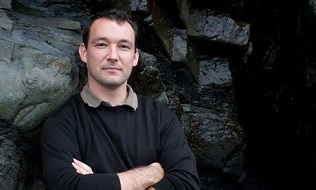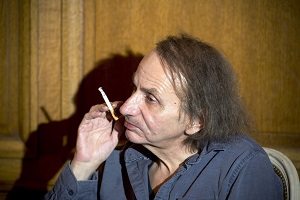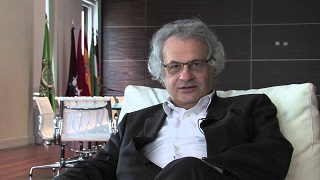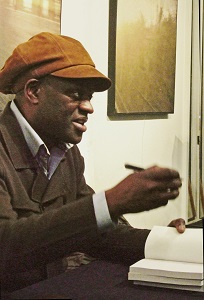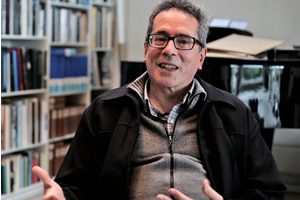De Zwitserse schrijver Martin Suter werd geboren op 29 februari 1948 in Zürich. Zie ook alle tags voor Martin Suter op dit blog.
Uit: Lila, Lila
“Marie hatte Weihnachten nicht immer gehast. Als ganz kleines Madchen hatte sie es fast nicht erwarten konnen, das nachste Fensterchen im Adventskalender öffnen zu durfen. Und am Abend, an dem dann endlich, endlich das Christkind kam, sas sie stumm vor Ergriffenheit unter dem Christbaum und muste von ihren Eltern dazu aufgefordert werden, die Geschenke zu öffnen.
Aber nach der Scheidung war Weihnachten nur noch dazu da, sie daran zu erinnern, das ihre Eltern nicht mehr zusammenwaren.
Sie muste jetzt zweimal feiern, einmal mit Myrtha und ihrem jeweiligen Freund, einmal mit ihrem Vater und seiner furchtbaren neuen Frau.
Mit zwolf gab sie bekannt, das sie nicht mehr Weihnachten feiern wolle. Bei ihrem Vater sties sie dabei auf keinerlei Widerstand. Bei Myrtha war es komplizierter. Wenn sie von ihrer Weihnachtsdepression heimgesucht wurde, was, je alter sie wurde, desto o∫er eintraf, brachte Marie es nicht ubers Herz, Weihnachten zu ignorieren.
Aber jetzt, wo Myrtha in Crans Montana war und Marie unbeschwerte Weihnachten mit ein paar Videos und Fertigpizzas verbringen konnte, hatte sie plotzlich das Bedürfnis nach Gesellschaft.. Deshalb verbrachte sie die letzten Abende des Weihnachts-Countdowns zu ihrer eigenen Verwunderung mit ihrer neuen Ersatzfamilie im Esquina. Und selbst in den Nachten blieb sie nicht immer allein.
Zwei davon verbrachte sie mit Ralph, auf den sie sich doch eigentlich gar nicht hatte einlassen wollen.
Fur jeden Abend nahm sie sich vor, nur kurz auf ein Glas hereinzuschauen und vor zwolf zu Hause zu sein. Aber jedesmal blieb sie hangen. Nicht, weil das Gesprach gerade so interessant war oder die Gesellscha∫ so angenehm oder die Nacht so schon. Es war die Vorstellung, allein in der Wohnung ihrer Mutter vor dem Fernseher zu sitzen, die sie im Esquina hielt.“
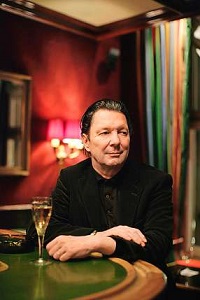
Martin Suter (Zürich, 29 februari 1948)

